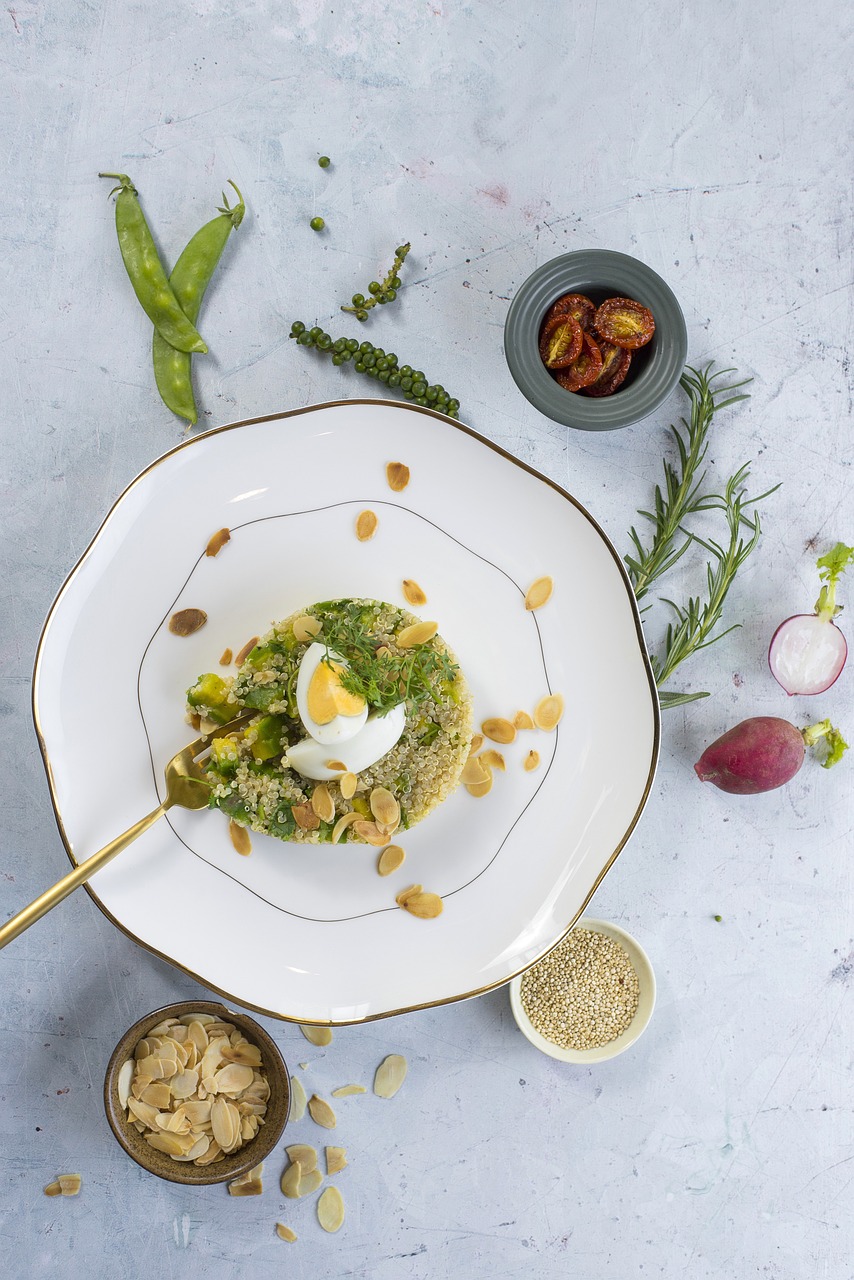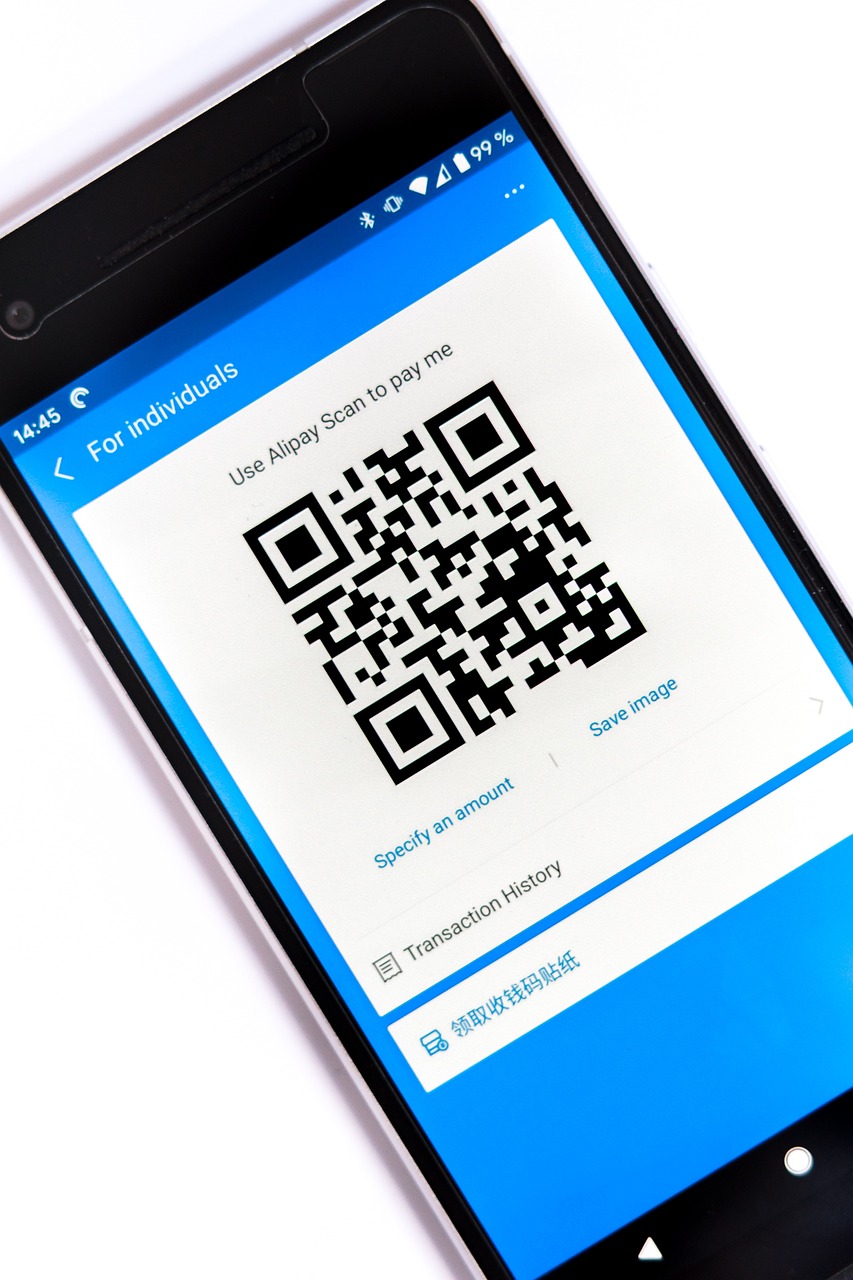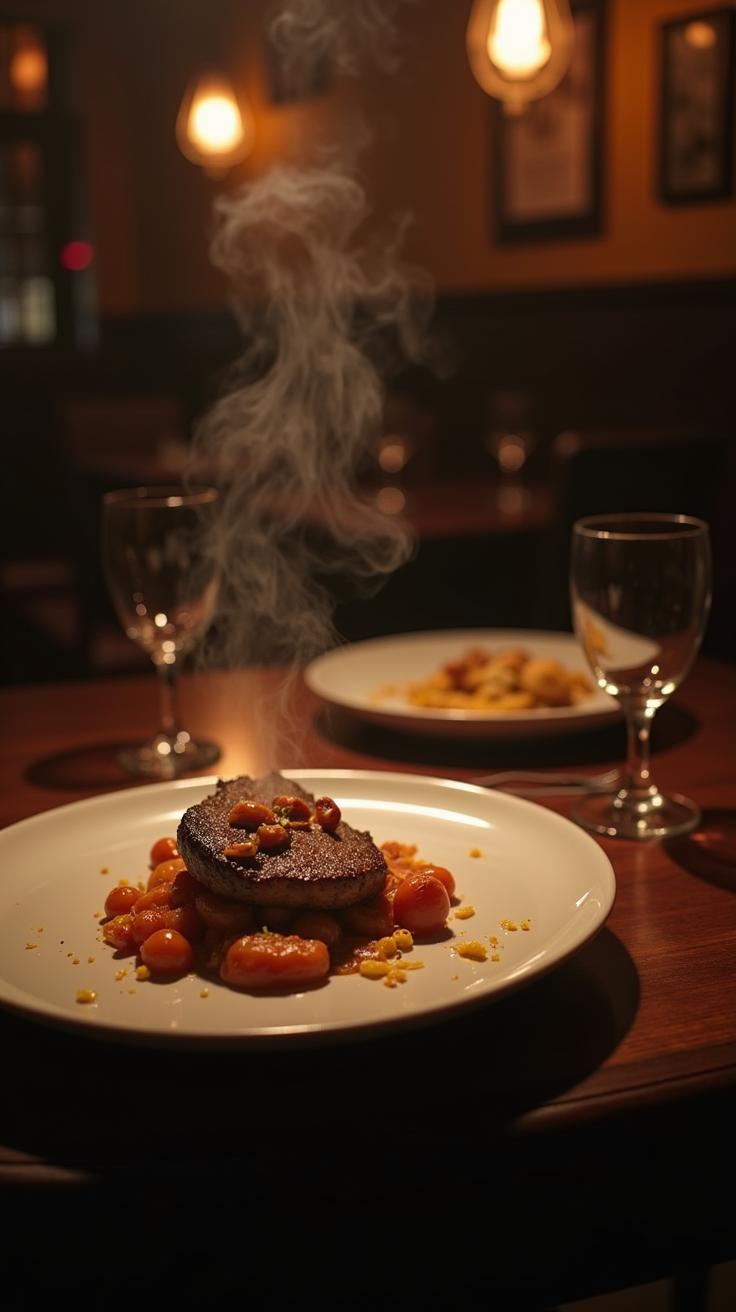AITA for refusing to pay in full for a meal someone else took home
 Image credit: Pixabay (This is example image – Not the actual photo)
Image credit: Pixabay (This is example image – Not the actual photo)
When Dinner Turns Sour: A Costly Misunderstanding
After a dinner gone awry, a young woman finds herself at odds with her friend and her friend’s boyfriend over a meal she couldn’t eat. What started as a simple mistake escalates into a debate about fairness and accountability when they ask her to pay for the leftovers they took home. As tensions rise and friendships falter, she grapples with whether she should have just covered the cost to maintain harmony. This relatable tale highlights the complexities of social dining and the often unspoken expectations that come with sharing meals among friends.
Family Drama Over Dinner Bill: A Conflict Resolution Dilemma
A 20-year-old woman (20F) found herself in a complicated situation involving a dinner outing with a friend (20F) and her boyfriend (20M). The incident sparked family drama and raised questions about conflict resolution in friendships. Here’s a breakdown of the events:
- Dining Out: The woman went out for dinner with her friend and her boyfriend. By mistake, she ordered a dish that she could not eat.
- Sharing Leftovers: When the bill arrived, the friend and her boyfriend asked if they could take home the uneaten meal. The woman agreed, as she did not want the food to go to waste.
- Unexpected Request: A few days later, the boyfriend contacted her, asking her to pay for her portion of the meal, which included the food they had taken home. This request surprised her, as she felt it was unfair to pay for food that they had consumed.
- Recalculation of Costs: After explaining her perspective, the boyfriend recalculated the total, reducing her share by $20. She paid the remaining $10 but sensed tension afterward.
- Friendship Fallout: Following the incident, the couple distanced themselves from her, leading to feelings of regret about the friendship deteriorating over a financial disagreement.
- Mixed Opinions: When discussing the situation with another friend, she received criticism for her actions. This friend argued that the couple was helping her by preventing food waste.
- Personal Reflection: The woman struggled to understand how taking the food was a favor, as she had already decided not to eat it. She believed that the couple should be accountable for their choice to take the leftovers.
- Clarifying Intentions: She expressed that if they had not taken the food, she would have willingly paid for her mistake. The situation felt akin to someone eating her food and then asking her to cover the cost.
- Final Thoughts: Despite the fallout, she felt justified in her stance. She did not want to be seen as someone who would demand others pay for her mistakes, but she also believed fairness was essential in this situation.
In conclusion, this incident highlights the complexities of friendships and financial responsibilities. The woman is left questioning whether she should have simply paid for the entire meal to avoid conflict, or if her request for fairness was valid. The situation serves as a reminder of how easily misunderstandings can escalate into family drama, especially in the context of wedding tension and shared experiences.
This is Original story from Reddit
 Image credit: Pixabay (This is example image – Not the actual photo)
Image credit: Pixabay (This is example image – Not the actual photo)
Story
I, a 20F, went out for dinner with a friend, 20F, and her boyfriend, 20M. By accident, I ordered a dish that I couldn’t eat; this was my fault. When it came time to grab the bill, my friend and her boyfriend asked if they could take my meal, which was barely touched.
I said sure since I wasn’t going to eat it, and it would be a waste otherwise. A couple of days later, her boyfriend reached out, asking me to pay for my portion, which included the food they brought home. This caught me by surprise since, again, they were the ones who ended up eating it all, and it felt like being asked to pay for part of their meal.
If they hadn’t done that, I would have paid in full since it was my mistake for ordering the dish. I explained this to him and asked if they could recalculate the total. Her boyfriend said he understood and gave me the new split, which ended up being 20 dollars less.
I paid the remaining 10, but it seems like afterwards they weren’t very happy and have since refused to hang out. This is the first time something like this has happened, and there have been times where I have covered the meal without really caring if I got the money back just because I wanted to hang out. Since we were already growing distant in our relationship, I kind of just let it be.
When I brought it up in passing today, a different friend said she disagreed with my actions and claimed that they were helping me by not wasting my food. To be honest, I still don’t really see how this was helping me, as either way, I wasn’t eating it. I also think that by taking the food, it was a choice they made that they should be accountable for.
Again, if they didn’t take the food, I would have paid for it. This feels like if someone ate your food and still asked you to pay for it. It’s not something I would do to anyone else, and I don’t think it was wrong of me to voice my objection, considering how the boyfriend even said he understood.
That being said, I feel bad at how the friendship fell apart over some dollars. AITA? Should I have just paid the full meal?
Edit
Thank you all for your perspective. To be honest, it hasn’t changed mine. Some points being touted as objective irritate me, so I am just writing this and logging off.
This isn’t a black-and-white situation where I ordered food and demanded someone else pay for it just because I didn’t want to pay. It was a request I made for fairness, ONLY BECAUSE they ate the entire dish.
If the situation were that they ate all of it at the restaurant because they saw I wasn’t going to touch it, would that change the situation somehow? Because the end result is the same, and I don’t believe most people would have been okay with that.
I view the ordering as a mistake on my behalf, but not something they were paying for in that they would never have ordered the meal, and this was burdensome on them. No one forced them to take the food; they wanted it. I did not want it to go to waste.
That is why when they asked for it, I allowed them to take it. I didn’t stomp my foot and say, “No, leave it; I want it trashed!” I would just have to find someone to give it to otherwise. No, I would not have then made that person pay; it would have just been a kind gesture if they wanted the food.
Free food is free food. I also think calling a complete dish where I only tasted a spoonful and realized it contained an ingredient I couldn’t eat “leftovers” feels like an extreme exaggeration. And I have a hard time believing that most people commenting don’t somehow see that aspect of it.
In this case, it was my decision to tell them I actually didn’t want them to have a free meal on me. It’s not my obligation to pay for someone else’s meal, and you may disagree; that is how I see it since they were the ones eating it. Regardless of if they ordered it or not, they wanted it enough to take it home.
If it were truly disgusting and inedible, I am fairly confident they would not have touched it. So I’m hard-pressed to believe they didn’t realize they were getting a meal’s worth of food out of it or that they didn’t expect it would be free. Normally, whoever is taking home the leftovers isn’t taking the entire meal back with them, and this should have broken the standard considerations.
The comments have dived into more speculative attacks on my personality, which is fine. I find it odd that people have to invent scenarios and additional traits. The new split that they calculated was 10. If they wanted more to cover that spoonful, that would have been fine with me too.
The point of this post was for me to understand what the other side might have been thinking, and the best I can arrive at is there was cause for them to ask me for the money, but I still cannot see that as a fair request.
View the Original Reddit Post Here
Summary of Reddit Comments
The top Reddit comments reveal a strong consensus around YTA due to the fact that the original poster (OP) ordered the meal and thus holds the responsibility to pay for it, regardless of whether they consumed it or not. Most users agree that OP should have either taken the food home or communicated their expectations before their friend consumed it, highlighting the importance of accountability in such situations.
While a few comments suggest a more nuanced view, the overwhelming majority emphasize that OP’s actions led to an unfair expectation on their friend’s part, ultimately leading to unnecessary tension over a relatively small amount of money.
Expert Advice for Resolving the Conflict
Conflict in friendships can be challenging, especially when it involves financial matters. Here are some practical steps to help both parties navigate this situation with empathy and understanding:
For the 20-Year-Old Woman (OP)
- Reflect on the Situation: Take some time to consider the events that transpired. Acknowledge your feelings about the unfairness of the request while also recognizing the couple’s perspective.
- Communicate Openly: Reach out to your friend and her boyfriend to express your feelings. Use “I” statements to avoid sounding accusatory, such as “I felt surprised when I received the request for payment.” This can help facilitate a more constructive conversation.
- Apologize if Necessary: If you feel that your actions may have contributed to the misunderstanding, consider offering a sincere apology. Acknowledging any miscommunication can help mend the relationship.
- Clarify Expectations: In future outings, be clear about your expectations regarding food orders and sharing. This can prevent similar misunderstandings from occurring again.
For the Friend and Boyfriend
- Listen to Her Perspective: Take the time to understand the OP’s feelings about the situation. Acknowledge her viewpoint and validate her emotions, even if you disagree with her stance.
- Reassess the Request: Consider whether asking her to pay for the leftovers was fair. Reflect on how this request may have impacted your friendship and whether it was worth the tension it caused.
- Communicate Your Intentions: If your intention was to help reduce food waste, express that to OP. Clarifying your motivations can help her understand your perspective better.
- Be Open to Compromise: If the conversation leads to further discussion about the bill, be willing to find a middle ground. Perhaps agree to split the cost differently or offer to cover the leftovers in future outings.
Moving Forward
Ultimately, both parties should prioritize the friendship over the financial disagreement. Here are some additional steps to consider:
- Focus on the Relationship: Remember that friendships are built on trust and understanding. Prioritize rebuilding the connection over the monetary aspect of the situation.
- Engage in Positive Activities: Plan a fun outing or activity together to help ease any lingering tension. Shared experiences can help reinforce the bond and create new, positive memories.
- Learn from the Experience: Use this situation as a learning opportunity for future interactions. Establishing clear communication and expectations can help prevent similar conflicts in the future.
By approaching the situation with empathy and a willingness to communicate, both parties can work towards resolving the conflict and strengthening their friendship.
Join the Discussion
 Image credit: Pixabay (This is example image – Not the actual photo)
Image credit: Pixabay (This is example image – Not the actual photo)
What do you think? Would you have handled this differently?
Share your thoughts below! Vote: Do you agree with Reddit’s verdict?













